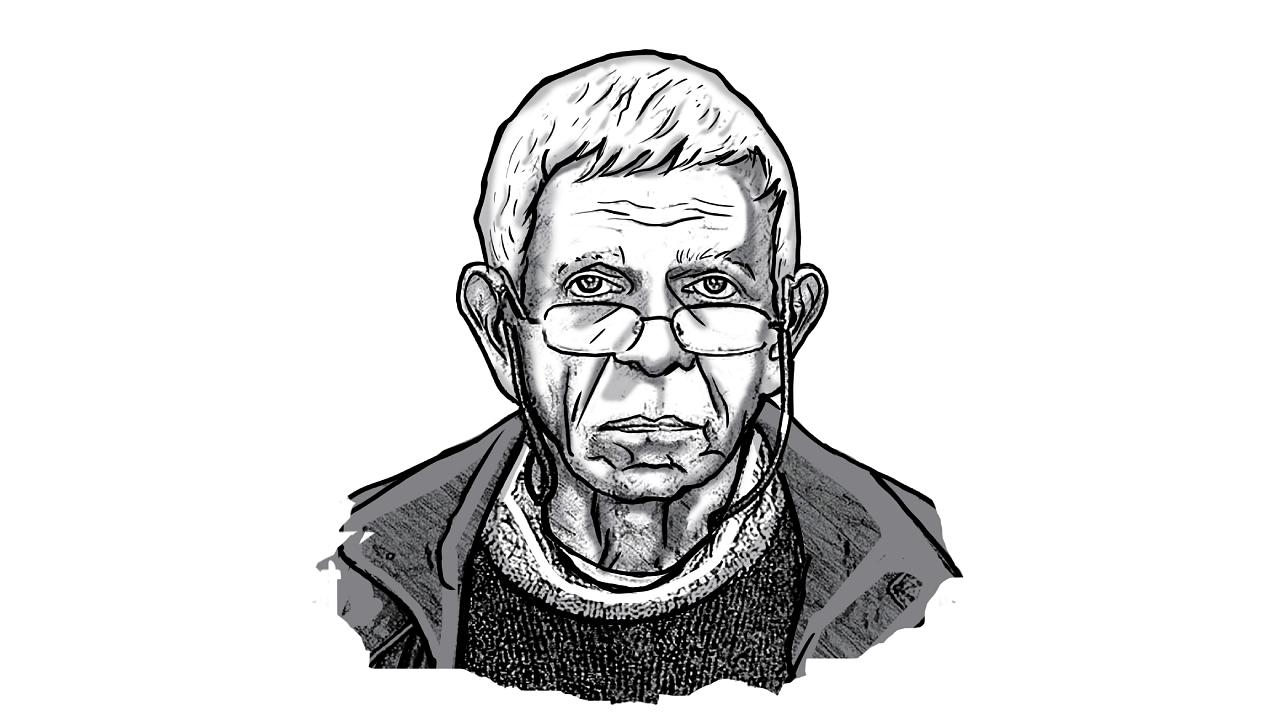
Roger Marshall is a computer scientist, a newly minted Luddite and a cynic.
Credit: DH Illustration
Even before OpenAI and Sam Altman made the headlines, based on interviews with seven leading AI researchers, the Guardian published two articles on AI systems of the future. The first, the utopian version, identified five ways such systems could benefit humanity -- mitigate climate change, eliminate poverty, cure all disease, eliminate mechanistic jobs, and prolong life. The second article, a dystopian version, posited ways they could prove destructive -- machines exceeding human capabilities on all fronts such that you would rather ask them to perform a task because they are cheaper, faster and smarter than humans, and the Darwinian nightmare scenario where the fitter species, i.e., the smart machine, extinguishes the less fit, i.e., the human.
The ongoing discussions on utopian/dystopian visions of AI systems of the future represent a false dichotomy -- one intended to distract, not elucidate. The corporate “build it and they will come” philosophy coupled with, if something goes wrong, “it is easier to apologise than obtain permission” mindset is at work here. The drumbeats of war are sounded long before the war starts. Since trillions of dollars (yes, trillions, not billions) are at stake here, no company even remotely connected to AI wants any regulatory regime to curtail its efforts to cash in.
To see why a false dichotomy is involved, let us examine the five supposed benefits.
The sheer amount of electricity needed to operate the massive data centres and run the AI programmes to extract patterns from all the information currently available on the internet can only add to climate change woes, not mitigate them. Massive amounts of water are needed to cool the data centres, which can get extremely hot. Where will this water come from? Melting glaciers?
As for the miracle drugs that generative AI is supposed to discover to cure all diseases, consider the following. Big Pharma did not develop drugs for AIDS at first because AIDS was considered Africa’s (i.e., black) problem, until the disease started afflicting white America. Drugs to treat rare diseases, if manufactured at all, will be prohibitively expensive unless universal healthcare, which includes prescription drugs, is provided.
The introduction of robots in factory assembly lines has severely reduced the number of blue-collar jobs. Even at the white-collar level, most jobs are repetitive. For example, doctors looking through X-rays, sonograms, MRIs and the like, lawyers analysing previous court cases, engineers studying blueprints, etc. Since existing AI tools are already capable of analysing text, image and audio with remarkable facility, it is only a matter of time before these are deployed to eliminate huge swaths of white-collar jobs. What will these newly unemployed people do for a living? The pat answer that new types of jobs will be created will not do, unless details are provided -- something that AI proponents haven’t been able to do so far. This is in line with their inability to explain how their AI systems work. They simply do not know!
What exactly is the purpose of prolonging life with miracle drugs when one doesn’t have a meaningful job or activity to keep oneself occupied? Immersing oneself in Meta’s virtual world?
In short, the purported benefits of the utopian version land us squarely back in dystopian territory.
It is all well and good for western nations with shrinking populations to invest heavily in AI and absorb the predicted 27 per cent job losses, but for countries in the Global South, to adopt such technological disruptors is foolish. Severe job-losses will change global migration patterns, adding to the toxic mix of rampant xenophobia and all the other phobias you can think of.
OpenAI? Just open your eyes.